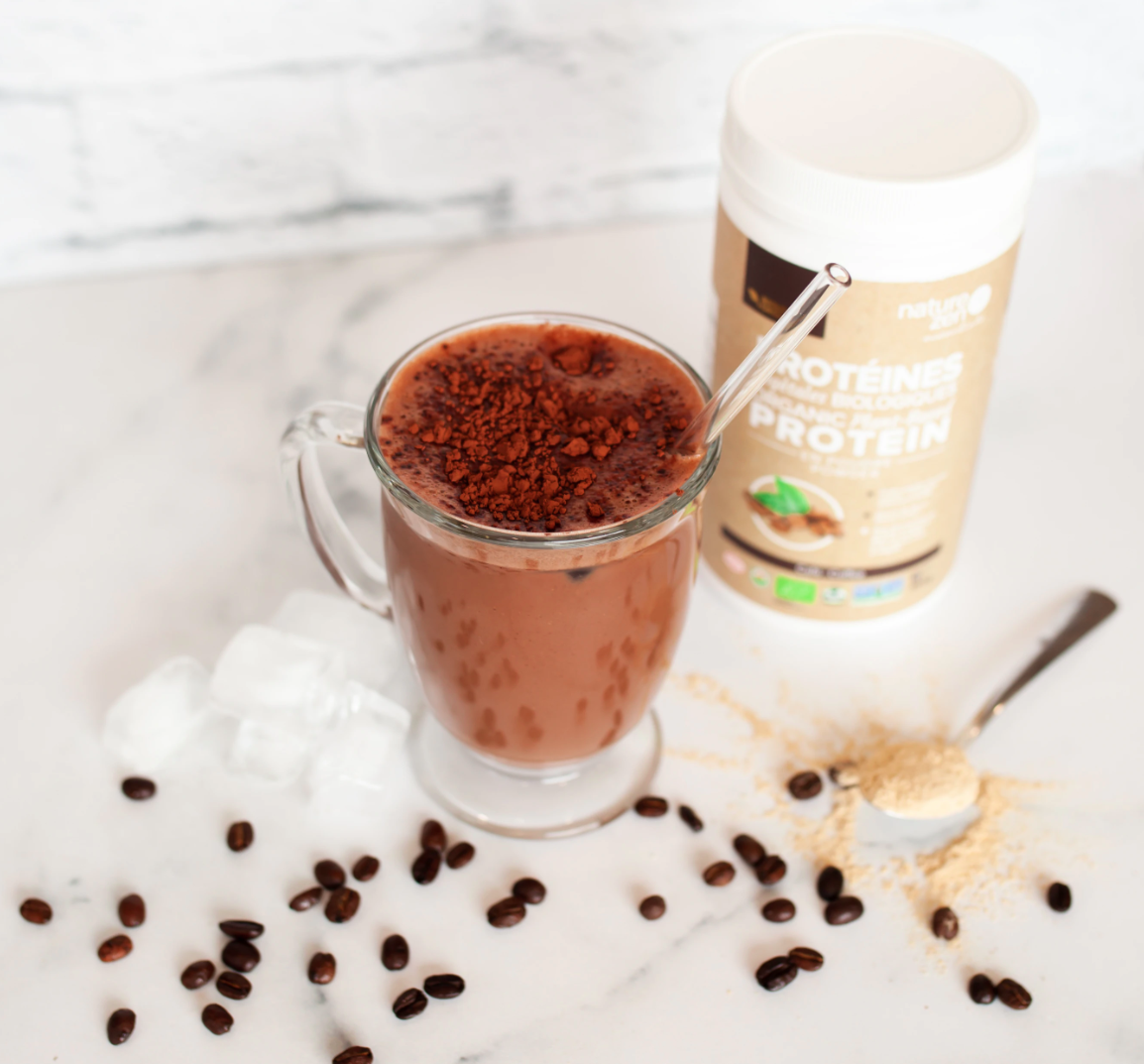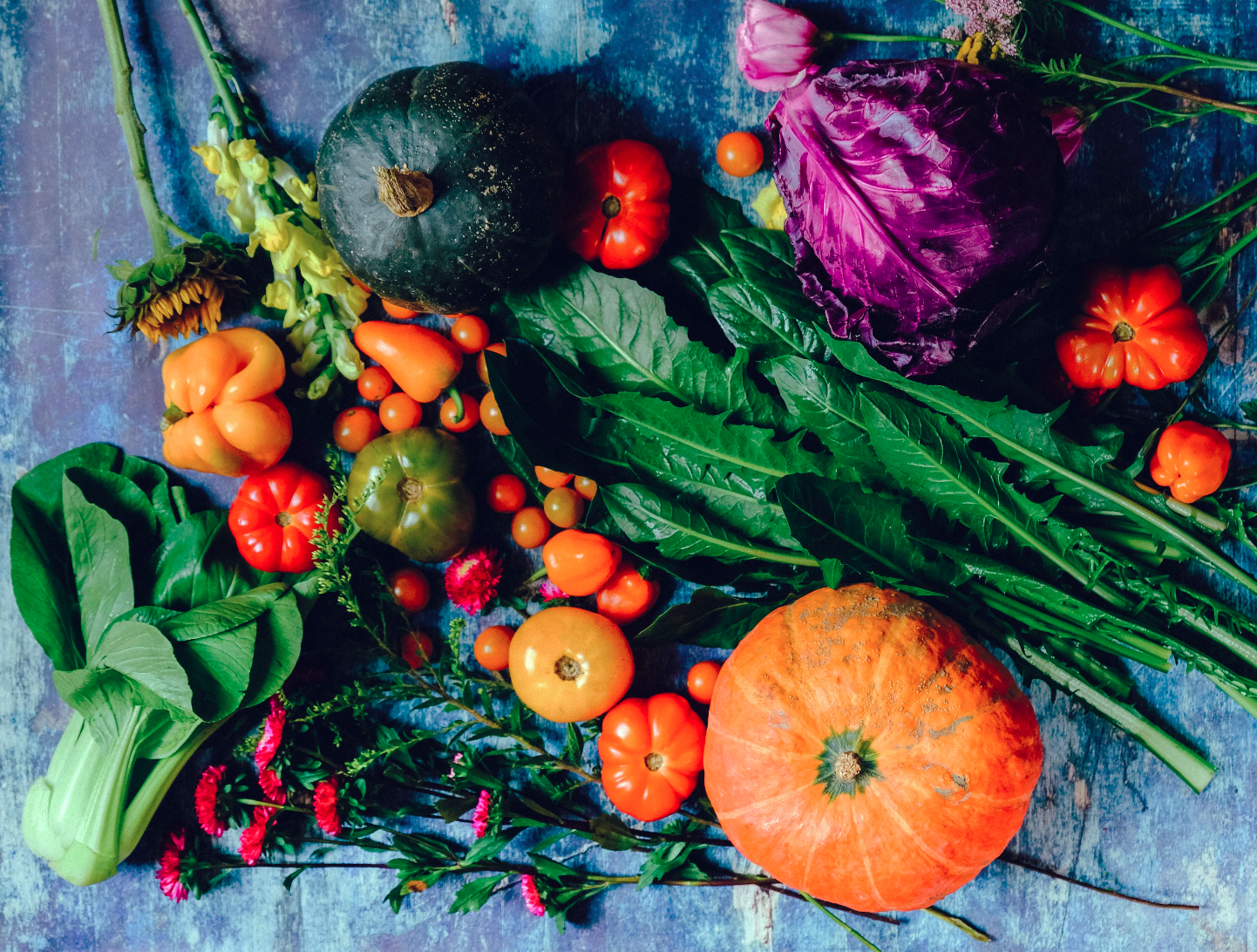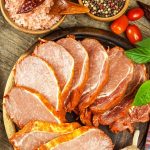The good news is that making wise eating decisions can help you get started on a successful, enjoyable weight loss journey.
The secret is to choose foods that are high in nutrients and satiety, or the sensation of being pleasantly full and pleased, while consuming the fewest calories possible. Thankfully, there are many delightful foods that suit this description and can be incorporated into most diets.
Regardless of the type of diet you choose to follow, we want to provide you with options that put a priority on getting enough protein, nutrition, and satiety.
Healthy weight loss foods, defined
Weight loss happens when you consume less calories (energy) than your body needs to maintain your weight, which frequently entails raising your resting metabolic rate and hormone levels associated to food. Several variables, such as your size, age, body composition, and what you consume, might affect how many calories you burn.
You should reduce your caloric intake while still getting the protein, vitamins, and minerals you need to lose weight in a healthy way. You also can’t starve yourself or feel deprived if you want your weight loss program to be successful.
First and foremost, it’s crucial to stay away from highly processed, high-carb, high-fat foods that can encourage binge eating. But after removing those things from your diet, what should you eat to achieve the best results?
Healthy meals for weight loss are part of many diets, including low carb and others. These meals share a number of qualities that can make you feel satisfied and full, causing you to naturally consume fewer calories:
A high percentage of calories from protein

A high proportion of calories from protein: Protein offers critical amino acids that your body needs, among other things, to develop and sustain muscle.
Protein accounts for a substantial portion of the calories in healthy foods for weight loss. The amount of protein in a food, as opposed to its fat and carbohydrate content, is indicated by the protein percentage.
Why should protein be a top priority for healthy weight loss? By increasing satiety through protein intake, you may naturally eat less food. Additionally, it may improve your body composition and somewhat increase your metabolism.
Due to hormonal changes that take place after eating, foods high in protein might cause satiety to last for a long time.
Additionally, protein-rich diets naturally contain high levels of several critical vitamins and minerals. Foods that rely heavily on protein for calories typically have a high nutritional density as a result. They are therefore excellent for healthy, long-term weight loss because they offer a lot of nourishment per calorie.
Low energy density
The number of calories (or energy) in a given weight of food is referred to as “energy density.” The standard unit of measurement is calories per gram of food (calories/gram). A given amount of food has less calories if the number is lower.
Foods that are higher in fat have higher energy densities than those that are higher in water or fiber. This is due to the fact that fat contains 9 calories per gram, whereas protein and carbohydrates each include 4 calories, water contains 0 calories per gram, and fiber is likely to contain less than 1 calorie per gram.
On the other side, eating mainly meals with a very low energy density can cause you to feel excessively hungry since you are not consuming enough calories. You must consume some nutrient-dense foods with more calories to satisfy your minimal energy requirements if you want to lose weight in a healthy, sustainable way.
High in fiber (plant foods)

Fiber is a type of plant carbohydrate that cannot be digested. Its weight might stretch your stomach and make you feel more satisfied. According to some research, increasing your fiber intake may help you eat less overall and absorb a small number of calories from mixed meals.
While fiber might extend your stomach without causing hormones that encourage long-term fullness, protein can result in satiety that lasts for several hours. Furthermore, fiber isn’t seen as a necessary food like protein is.
Healthy weight loss foods can be part of any diet
Fortunately, many of the finest meals for weight loss may accommodate different eating habits. Here are a few instances of weight loss strategies that meet some or all of the aforementioned requirements and are backed by credible scientific research:
- High protein: A diet that contains at least 25% of its calories from protein is considered to be high in protein. A high-protein diet may be a useful tactic for reducing body fat while maintaining muscle, according to studies.
- Intermittent fasting: Intermittent fasting entails going without food for protracted periods of time. In contrast to other diets for losing weight, intermittent fasting focuses more on when you eat than what you consume. Intermittent fasting has some strong scientific backing for weight loss. Any diet that guarantees you obtain adequate protein and other necessary elements during the times you do eat is compatible with intermittent fasting.
- Vegetarian or vegan diets that are plant-based typically consist of foods like beans, grains, nuts, seeds, vegetables, and fruits. Vegetarian diets allow eggs and/or dairy products but not meat, poultry, or shellfish, whereas vegan diets forgo all animal products.
Vegetarian and vegan diets can aid in weight loss for some people, according to research. Additionally, adopting a low-carb vegetarian or vegan diet may help you lose more weight and improve your health.
For more information you can click:




